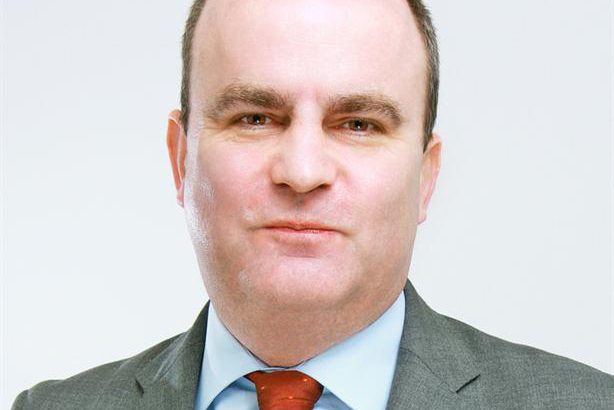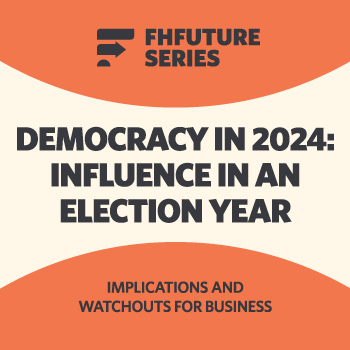Osborne's Sixth Budget Defines Both Him and David Cameron's Premiership
Budgets come and Budgets go – but this one is significantly different. It is a moment of definition for Chancellor George Osborne, its architect. And his sixth Budget also defines the future of David Cameron’s premiership.
 Osborne’s sixth Budget is a defining moment for the Chancellor, argues Nick Williams
Osborne’s sixth Budget is a defining moment for the Chancellor, argues Nick Williams
In just 50 days’ time the electorate will decide whether the Conservatives get to keep their seats on the Treasury bench, and whether Osborne – or his successor – gets to hold court on Budget day.
The Chancellor’s future is intrinsically tied to the future of David Cameron and his brand of Conservatism.
Today’s Budget – and the comms strategy that has been used to maximise it even before the Chancellor stood up in Parliament – is one of the best opportunities for Conservative election supremo Lynton Crosby to show his messaging makeover challenge is coming good.
With all its hype and ritual, and all the hours and column inches of media attention it generates, this Budget is the key vehicle for promoting the new discipline to the Conservative message.
The focus is on growth and recovery. Nothing else matters.
But rhetoric is not enough – the Chancellor had to give people a tangible sense that the worst is over and their lives (and finances) will improve.
Today, the Chancellor enjoyed a measure of vindication for his deficit reduction policies. Even if the initial targets were missed and it will take longer to finish the job, lower inflation and higher tax receipts have given him greater latitude.
This allowed the Chancellor to announce some of his vote-winning measures: cue the increase in the threshold at which tax kicks in to £11,000, tax-free savings for low earners, and the biggest real-terms increase in the minimum wage in seven years.
And there’s more to come, he said, if you vote Conservative – like a new threshold at which inheritance tax is levied.
Thanks to Crosby’s guiding hand on the messaging, Osborne has had his best comms ramp-up to a Budget for some time.
He has had five previous Budgets to practise the art:
- Leak good stories to various media outlets, targeting specific groups of supporters that the Conservatives will need on 7 May to maximise their vote (emails sent to officials by the Treasury Permanent Secretary have clearly fallen on deaf ears).
- Ensure that you have one surprise left for the Budget announcement itself – the ISA ‘help to buy’ announcement was completely unbriefed.
So this Budget is a balancing act between showing people that the recovery is on its way (allowing room for some giveaways), while warning that the job is not finished yet (so stick with us rather than change to Labour).
The message of continuity is clear to the voter.
But today didn’t just define the electoral battle lines. It defined Osborne’s coming of age as a statesman.
In office, he has earned grudging respect for sticking to his guns and riding out the storm. He is almost – but not quite – popular.
And he has also grown into a bigger politician – with the makings of a vision for the longer term.
Look at the Northern Powerhouse idea, which takes Conservative-led regeneration into parts of the country the Conservatives have not reached for 25 years.
Building on this, the Chancellor announced further initiatives to develop this idea.
The development of Osborne as a bigger politician has also been reflected in how he has used the media.
Osborne’s communication operations have improved dramatically over the years.
He is now one of the best manipulators of the media in the Government.
The targeting of particular groups whose votes will be desperately needed on election day, the way in which these announcements have been communicated and the delivery of the Budget itself will give the Conservative Party an election boost.
According to our social analytics team, throughout the Budget statement Twitter sentiment shifted towards the Conservatives, from 54 per cent negative at the start to 58 per cent positive by the end.
Osborne said Britain is walking tall but clearly the Chancellor is also walking tall.
The key now is simple – maintain this momentum for the next 49 days.
Nick Williams is the head of public affairs for FleishmanHillard London.
Find Out More
-
Democracy in 2024: Influence in an election year
May 2, 2024
-
Platinum CMS Award
March 13, 2024
-
Changing Communications Tack at Mobile World Congress
February 21, 2024


